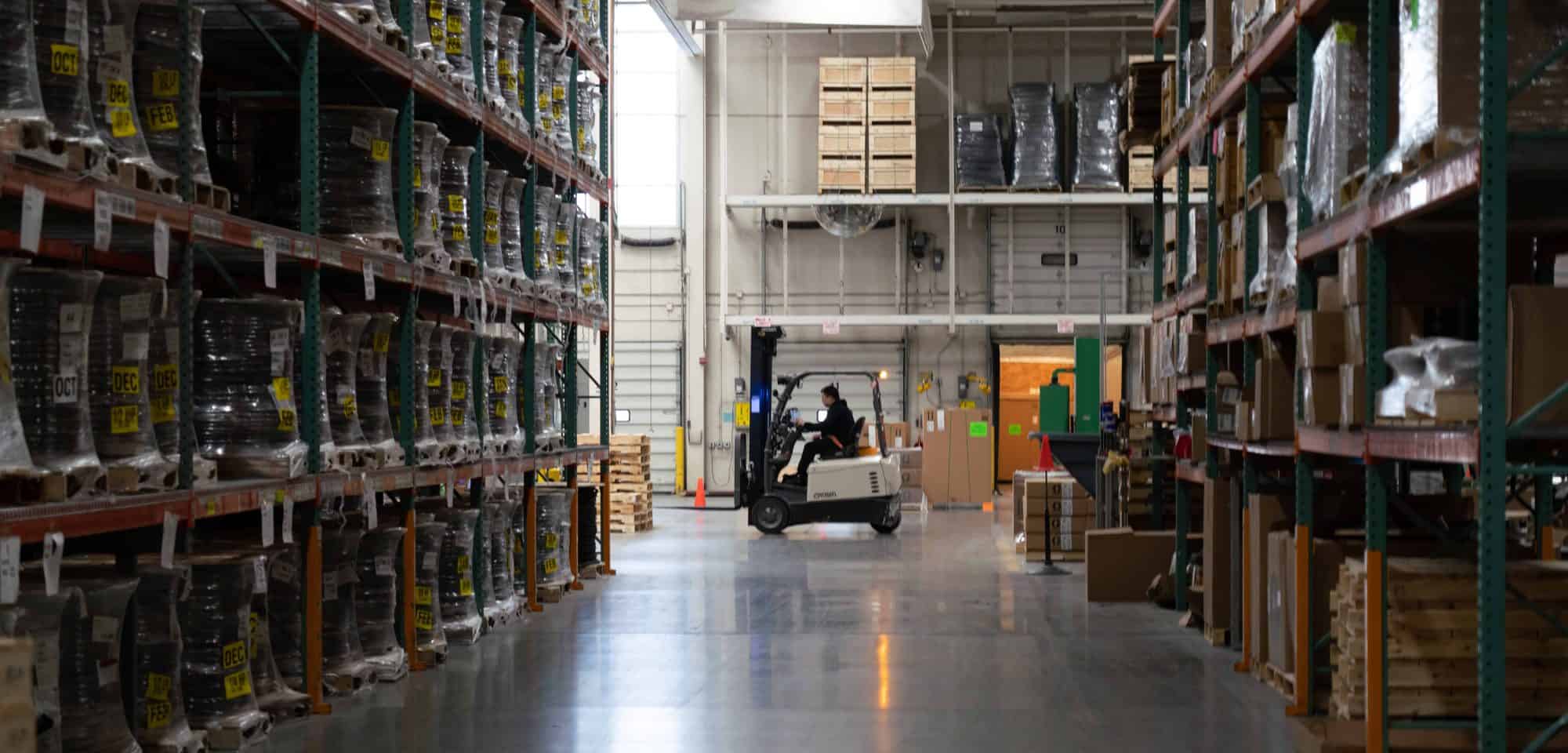Manufacturers Lead Fight Against Counterfeit Goods

Recently, manufacturers took to Capitol Hill to do their part to combat counterfeit products entering the United States. Counterfeit goods are increasingly prevalent and pose a threat to consumers’ wellbeing and manufacturers’ competitiveness. To take a stand on this growing issue, Johnson & Johnson recently testified before the U.S. House of Representatives Committee on Energy and Commerce. In their testimony, the company highlighted the challenges facing health care manufacturers and the dangers counterfeiting can pose to the health of patients and consumers.
“Illicit trade has increased dramatically in recent years, impacting nearly every industry,” said Johnson & Johnson Vice President of Global Brand Protection Rich Kaeser. “The problem is obviously a serious concern in the health care and personal care industries where patients and consumers can be injured or even die due to unsafe, counterfeit and illicit products. These situations demonstrate why businesses must partner with one another and with government, so collectively we can be a greater force to deter the growing threat of [counterfeiting].”
Beyond consumers, counterfeiting also seriously impacts private shippers like UPS as well as the manufacturers that rely on their services. A new report from the Department of Homeland Security outlines a series of actions on how the federal government can partner with the private sector to combat trafficking in fake goods.
“With the rise of e-commerce and a global economy, counterfeit goods are a significant problem for many of UPS’s customers, particularly small and medium-sized companies,” said Laura Lane, UPS President of Global Public Affairs. “UPS is pleased to see the administration taking action on counterfeits, including enforcing the collection of advanced electronic data, and assurances that packages coming into the U.S., whether through the private express industry or the global postal system, receive consistent treatment and that there is uniformity at U.S. borders to curb counterfeits and dangerous goods from getting into our country.”
With the administration’s breakthrough “phase one” trade deal with China, the U.S. gained strong, enforceable intellectual property protections to help counter the importation of fake goods, but there is still significant work to be done to protect consumers and manufacturers, including ensuring those commitments are honored. In order to achieve long-lasting reform, a broad coalition of public- and private-sector voices need to be part of the process.
“Manufacturers have always had to deal with counterfeit goods, which lead to damaging consequences for consumers and the business community,” said National Association of Manufacturers Vice President of Labor, Legal and Regulatory Policy Patrick Hedren. “At the end of the day, this is about as bipartisan an issue as you can find. Manufacturers are eager to work with members of Congress, the administration and private-sector stakeholders to better protect the public from the threat of fake goods.”
